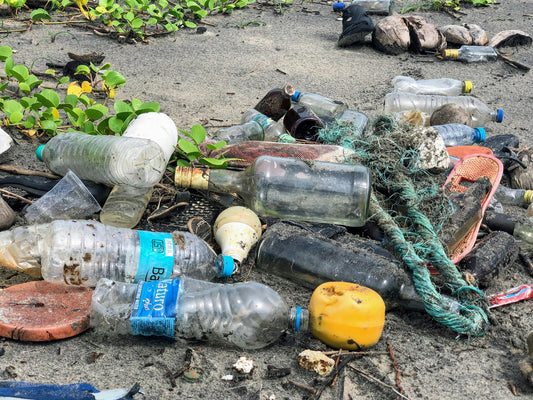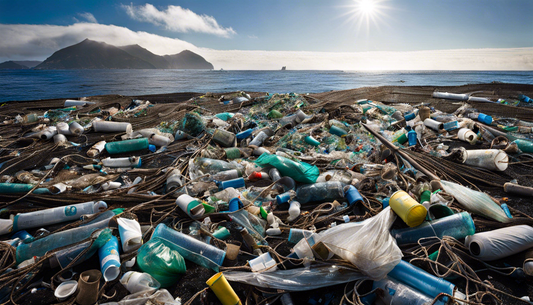Share
Our SWOP News Channel summarizes environmental news articles from the most renowned news outlets worldwide. If you want to stay posted, make sure to sign up to our newsletter!
Climate Change and Wildfires: A Deadly Combination:
Research suggests that smoke pollution from wildfires may be killing an extra 12,000 people annually due to climate change. Here are the key points:
- Global Impact:
Climate change is causing more of the planet to be burned by wildfires, leading to an estimated additional 12,000 fatalities each year from breathing in smoke containing fine particulate matter (PM2.5).
- Regional Risks:
The threat of death from wildfire smoke is particularly heightened in regions such as Australia, South America, Europe, and the boreal forests of Asia.
- Historical Context:
From 2003 to 2019, the area affected by wildfires globally expanded by nearly 16% due to climate change, although human activities like deforestation for roads and agriculture reduced the total burned area by 19%.
- Health Impacts:
The study found that rising temperatures and decreased humidity elevate fire risks. Human actions such as fragmenting forests and savannahs can diminish the burnable area or curtail fire spread.
- Toxicity of Particles:
The health impacts of wildfires might be underestimated, as the toxicity of particles emitted from fires is often more pronounced than that from other sources.
- Long-term Health Repercussions:
The 2019 and 2020 catastrophic wildfires in Australia subjected millions to hazardous and extended levels of smoke pollution, leading to hundreds of deaths and likely long-term health repercussions.
- Ongoing Threat:
Climate change continues to escalate wildfire risks, particularly in Australia, Siberia, and African savannas. The pace at which climate change is expanding the areas affected by wildfires is increasing every year.ou enjoyed this article. Please feel free to leave a comment below if you want to engage in the discussion.
If you want to read more like this, make sure to check out our Blog and follow us on Instagram. If you are interested in truly sustainable products, check out our Shop.
Check out the original source here








